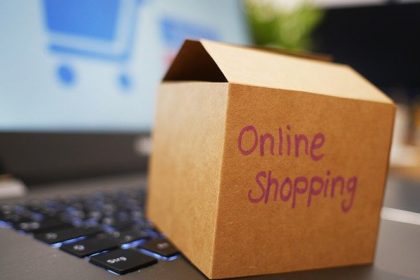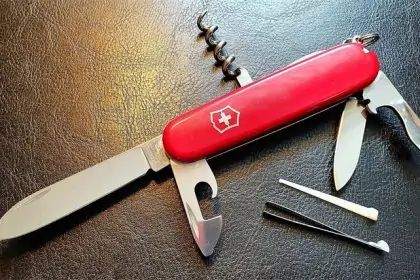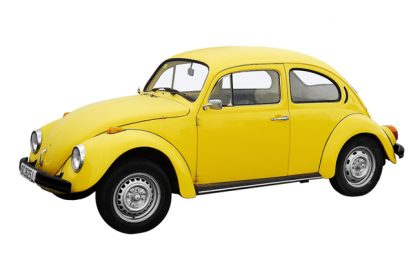Product and brand piracy is becoming a serious threat to companies in the consumer goods industry. The economic damage is difficult to quantify, not least because of a high dark figure. Companies not only losing money: Counterfeits, which are not recognized as such, are also damaging the image of companies and brands. Especially the African countries have to struggle with a strong rise of counterfeited fast moving consumer goods.
Counterfeited goods can be lethal
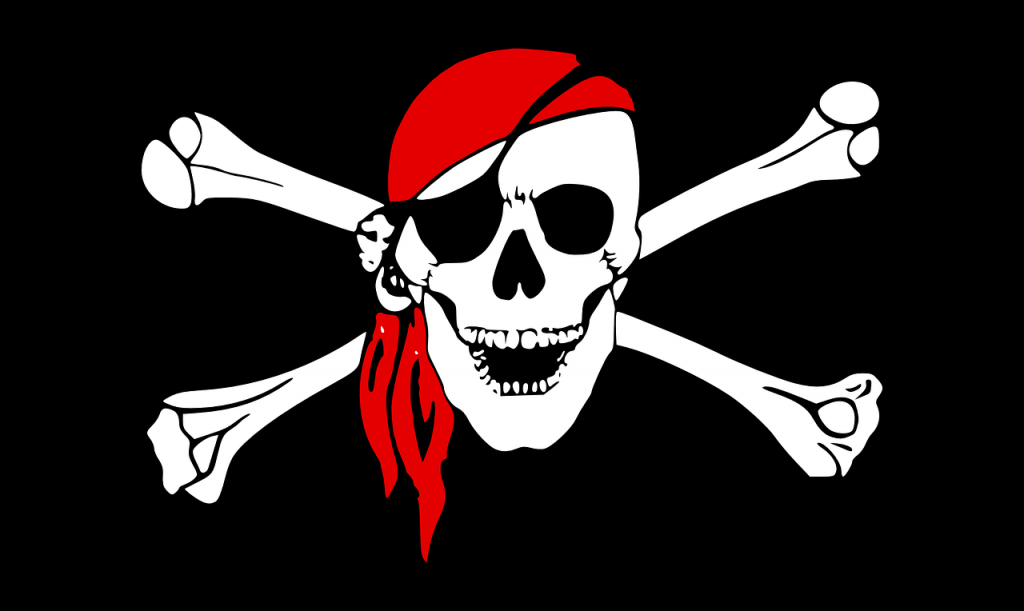
Above all, however, consumers are at risk of damage to health due to possible deficiencies in processing or by poor quality of the raw materials used. In China, for example, was recently discovered a massive underground business that has been making fake branded sauces and flavorings using recycled spices and industrial grade salt.
The industrial grade salt and the tap water used for the fake food is banned from human consumption. It can contain heavy metals and agents that contain cancer and damage the liver and kidneys. And unfortunately, this is not an isolated case.
Worrying trend in counterfeiting FMCG in Africa
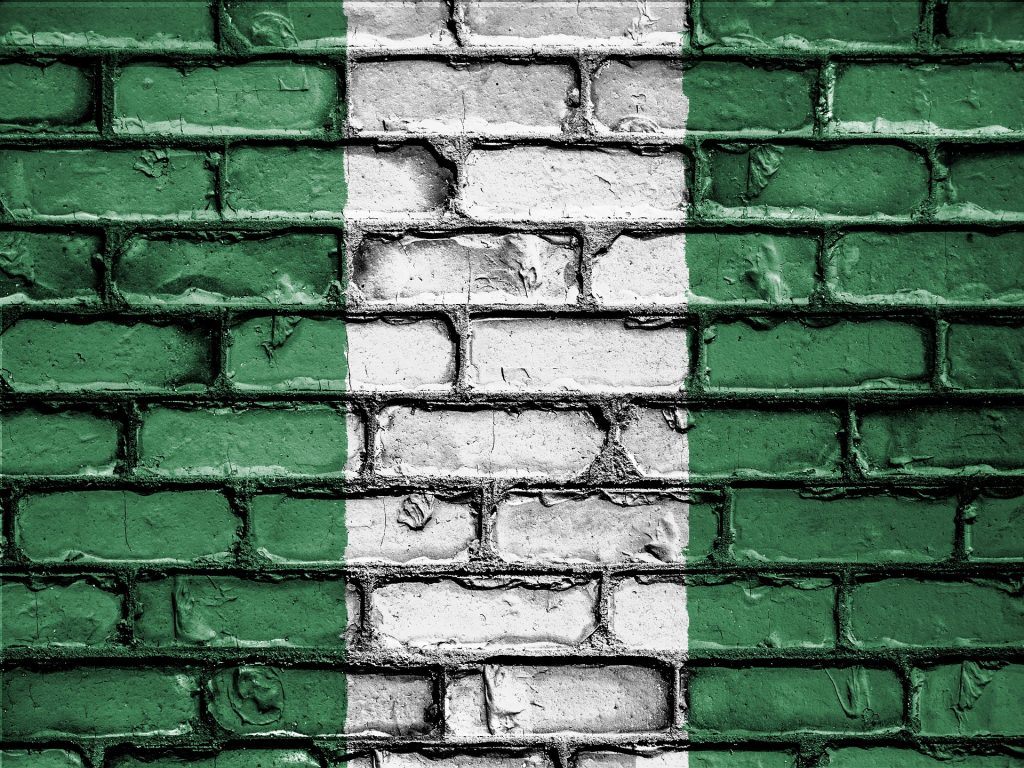 In Africa, there is currently a worrying increase in counterfeited fast moving consumer goods (FMCG). It is particularly difficult to proceed against the piracy of FMCG , since they are sold quickly and at relatively low retail price. The range of potential sellers extends from large wholesalers to street dealers, which makes the combating not easier.
In Africa, there is currently a worrying increase in counterfeited fast moving consumer goods (FMCG). It is particularly difficult to proceed against the piracy of FMCG , since they are sold quickly and at relatively low retail price. The range of potential sellers extends from large wholesalers to street dealers, which makes the combating not easier.
Especially Nigeria, the country with Africa’s largest consumer market with up to 750 000 traders, is affected by product piracy. Reports on re-branded used tires or fake alcoholic and non-alcoholic beverages are increasing. In order to fight the counterfeiting of FMCG, the government has decided to facilitate the costums education. Regular changes to packaging and the use of QR codes and holograms are also aiming to curb piracy.
In 1993, the National Agency for Food and Drug Administration was established in Nigeria to implement the Control Act (NAFDAC) in order to regulate and control the production, exportation, and distribution of food, drugs, chemicals and packaged water. Products sold in Nigeria must be registered at the NAFDAC first. In addition, the authority warns of products that are dangerous, unregistered or do not meet the product guidelines. Due to the current steady increase in counterfeit food and drugs, the NAFDAC has gained in importance and is increasingly raiding in Nigeria.
How to protect against counterfeiting?
A successful protection strategy starts with the securing of one’s own protective rights. Without this acting against imitation is scarcely possible. The registration of trademarks, designs and patents should be made for your own country and for all other relevant sales markets. In addition the corresponding Internet domains should be secured for your own Internet presence. But due to the numerous possibilities of variation, 100% protection against counterfeiting websites is hardly achievable.
You are (actively) facing Product- or Brand Piracy?
Let us help you with that. Product- and Brand Piracy can seriously damage your business! Let’s talk business today and request a non-binding call-back from us without any obligations.
Sources:
Text: Adams & Adams
Images: Clker-Free-Vector-Images / Pixabay.com / CC0 License | Public_Domain_Photography / Pixabay.com / CC0 License




